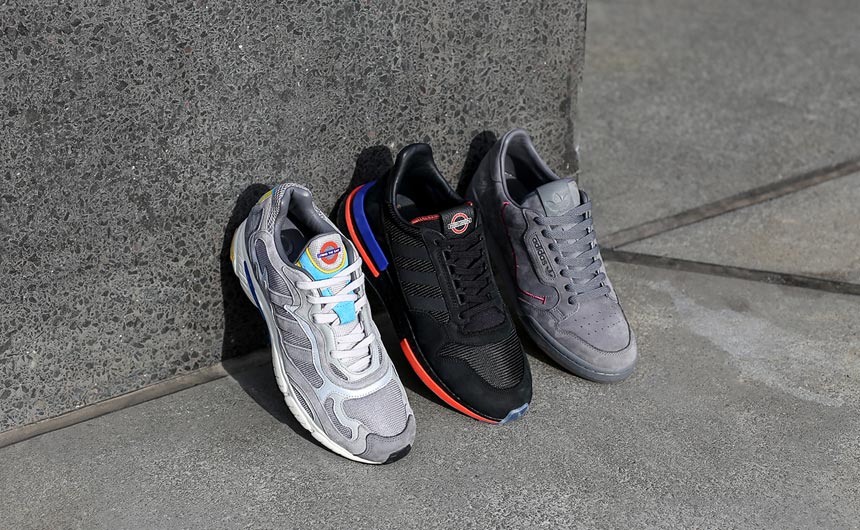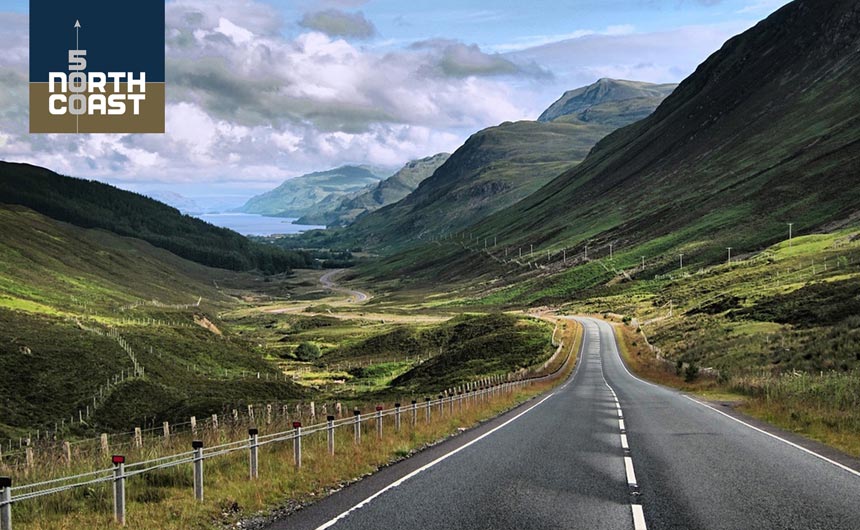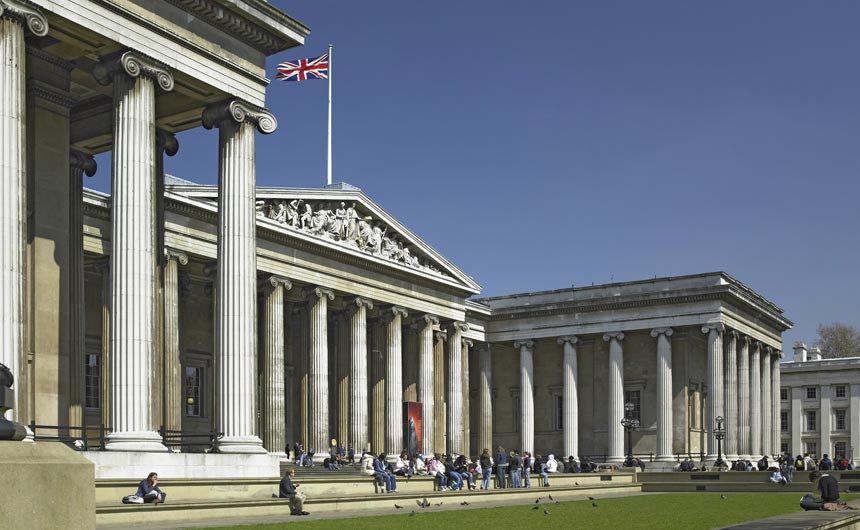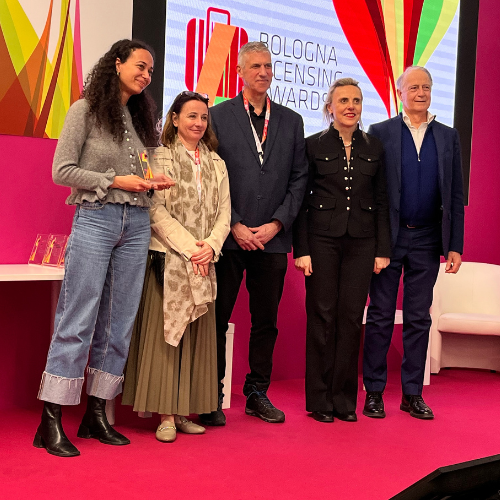We take a look at the trend of ‘partnerships with purpose’ in the UK licensing space.
With consumers more socially and environmentally aware than ever before, ‘partnerships with a purpose’ has become a message that the UK licensing industry is thinking about more and more.
Last year saw both TfL and the Metropolitan Police appoint agents to help expand the brands, with an amount of the revenue from consumer products being channelled back into the organisations. And the message is also reaching into areas such as providing support for grass roots football and helping to build the Scottish economy.
Oliver Stanton, manager of licensing and brand partnerships at TSBA Group, comments: “TSBA is a London based agency and most of us use TfL services every day and we are proud that the profits generated from the licensing programme will enable it to reinvest in the transport network to keep the city moving.”

Since coming on board, TSBA has secured a raft of collaborations including a high profile tie-up with adidas, through to apparel with Vetements, interior fabrics, solid gold pendants and publishing deals. It has also worked with brands like Made.com to create a range of furniture and there are a number of plans in the works for the next financial year.
Oliver adds: “The element of giving back can be both commercially beneficial and genuinely impactful.”
Impact is something that Will Stewart, md of The Point.1888, is also looking to make with the brand extension programme for the Metropolitan Police – with the news having already garnered significant press attention.
“The Metropolitan Police Service is here to support us and protect us,” Will says. “To generate income through licensing the brand to reinvest in front-line police services, train existing staff and build greater affiliation with, and support for the service, to inspire future generations to join is an incredible feat to achieve.
“We are looking for innovative, ambitious companies that realise that they can truly make a difference to the safety of all of us on the streets.”
Will hints that the first creative look book covers all aspects of apparel, with a likely first launch in kidswear. In addition, a partner for toys and games has been signed, while The Point.1888 has begun initial development across all core areas of homeware. Giftware is also a possibility, while conversations with 11 partners in FMCG are taking place and limited edition fashion accessories should launch pre-Christmas.

From bobbies on the beat, to players on the pitch, and the aim is to develop Football’s Coming Home 1848 into a brand that can genuinely benefit the grass roots of the game. Alfred Hoffman, md of McFarlane Group, says: “There is a multi-strand strategy in place which is being led by a streaming service that will bring lower league and amateur football to the screen. This is about truly delivering a platform to view grass roots football to support your local clubs, supported by advertising revenues.”
Ian Wickham, director of Licensing Link Europe – the agency handling the brand in the UK – continues: “A proportion of these advertising revenues will be ploughed back into the clubs who’s games are screened, helping them to fund and build out their grass roots programmes, facilities, training etc and elevate the awareness and commercial support of these tiers here in the UK. It is really important that we have the partners who share our vision to deliver a grass roots programme back to the true football fan.”

Licensing Link Europe is also working with North Coast 500 – a route through Scotland’s North Highlands which has been reviewed as the number one touring route in the world, with global reach numbers standing at 7bn+ after just three and a half years.
Tom Campbell, md of North Coast 500, explains the company ethos: “We are focused on delivering a stable economy all year round rather than just for certain months of the year. This is about creating jobs, business development, sustainability and improving facilities for the region.”
Core categories will include the likes of tabletop publishing, outdoor apparel, accessories, luggage – products and brands that you associate with the exploration and adventure.
So what else can the UK licensing industry do in terms of ‘giving back’ and should we be more aware in general? Ian concludes: “The industry should be conscious of profit with purpose and use that as a means of empowering others to be profitable, sustainable and create opportunities.”

Best of British
One of the most well known examples of ‘brands giving back’ is the museum sector.
Craig Bendle, manager of merchandise licensing at the British Museum, explains: “Being a living and working museum, funds are required to ensure that the collection is well looked after through its curatorial services and that it is able to share the collection with the world, as well as to continue to build it so that it remains relevant and up to date.”
The British Museum enjoyed a strong year in 2018 for its licensing programme, with rapid developments seen in the China market in particular. Craig expands: “The estimated retail sales value of British Museum licensed products sold in China in 2018 is on its path to reach US$35m and nearly 500 skus of licensed products have already been developed and launched in China.”
And Craig believes that they are only scratching the surface of the Museum’s potential in licensing, with plans including growing the licensee base across categories and territories.
This feature originally appeared in the spring 2019 edition of Licensing Source Book. To read the full publication, click on this link.































